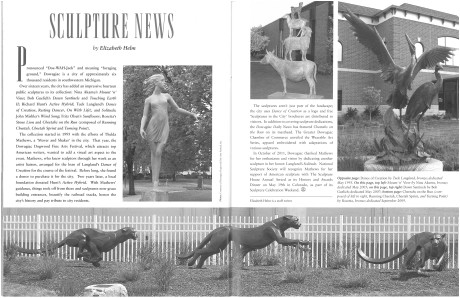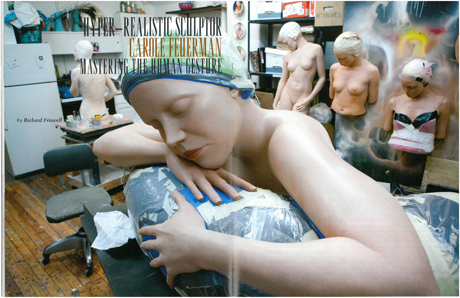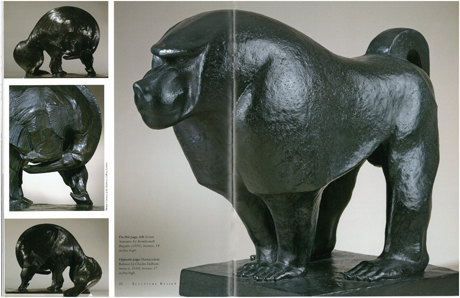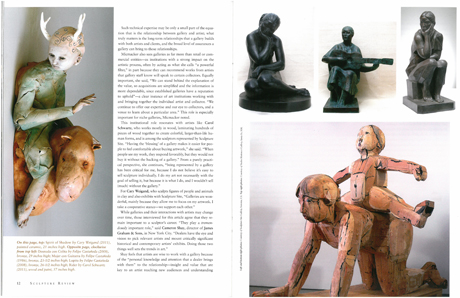
Galleries and Sculptors
Features

News about Dowagiac, Michigan’s outdoor sculpture collection.

When hyper-realistic sculpture first appeared on the gallery and museum scene in the 1980s, these iconographic figures served as timely, three-dimensional narrative for a society in the throes of confronting long-standing stereotypes and cultural prejudices. It was time for the “Me Generation,” characterized by self-absorption and personal enrichment.

In keeping with the role of the gallery in the institutional theory of art, galleries can keep public or collector interest alive, especially through the Internet, in works that were created even by artists who are no longer alive. Thanks to that role, classic, enduring works of art can have as much presence in today’s art world as newer creations.

The art world, like any other market, fluctuates with consumers’ needs or preferences. To learn more about the kind of impact the challenging economy has had on the American art scene, Sculpture Review asked three prominent galleries across the country and one in the United Kingdom, along with several of the artists they represent, to share their views on the role of the gallery, the current economy and its effect on their artistic efforts, and the role of the Internet …
